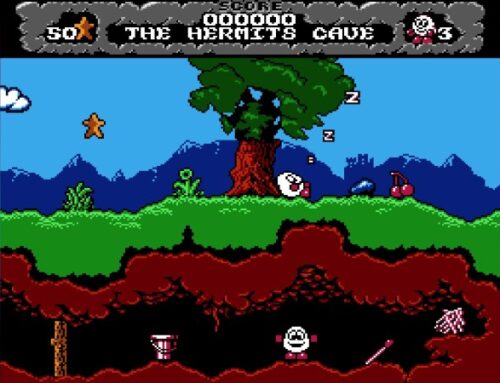A company that birthed console gaming as we know it but is nowhere to be seen on the modern scene, Atari is both a story of amazing success and perilous tragedy.
Serving as a cautionary tale for any entity that thinks it can single-handedly dominate the video games industry without focusing on that one segment, Atari’s story is one that is both deeper than modern gamers realize and broader as well.
Spanning more than just video games, Atari’s success in that area was almost an accident of happenstance. Lining up the best software available for its systems, Atari focused heavily on bringing some approximation of the arcade experience to home living rooms.
The only problem was that the main company was more focused on becoming a computing giant, throwing out its own PC variants into the market with abandon while continually harvesting profits from a dying console (the 2600) and stumbling into disaster after disaster with follow up consoles released after that.
Often associated with video games, a lot of the failure of Atari does not come from that industry but rather its wasted efforts in attempting to become a company like Apple that made PCs for home consumption. The recent Blade Runner 2049 film depicting a universe in which Atari is successful likely did not put forth a vision of an Atari based on video games but rather PC manufacturing and computer goods.
For example, did you know that Steve Jobs, of Apple fame, held his first job with Atari? Imagine a world where, rather than found Apple, Jobs instead stuck it out with Atari and transformed that company into the Apple we know today.
If that doesn’t give you some hint about how different Atari was from its popular perceptions then we don’t know what else will.
Founded in 1972, Atari had its first successes




